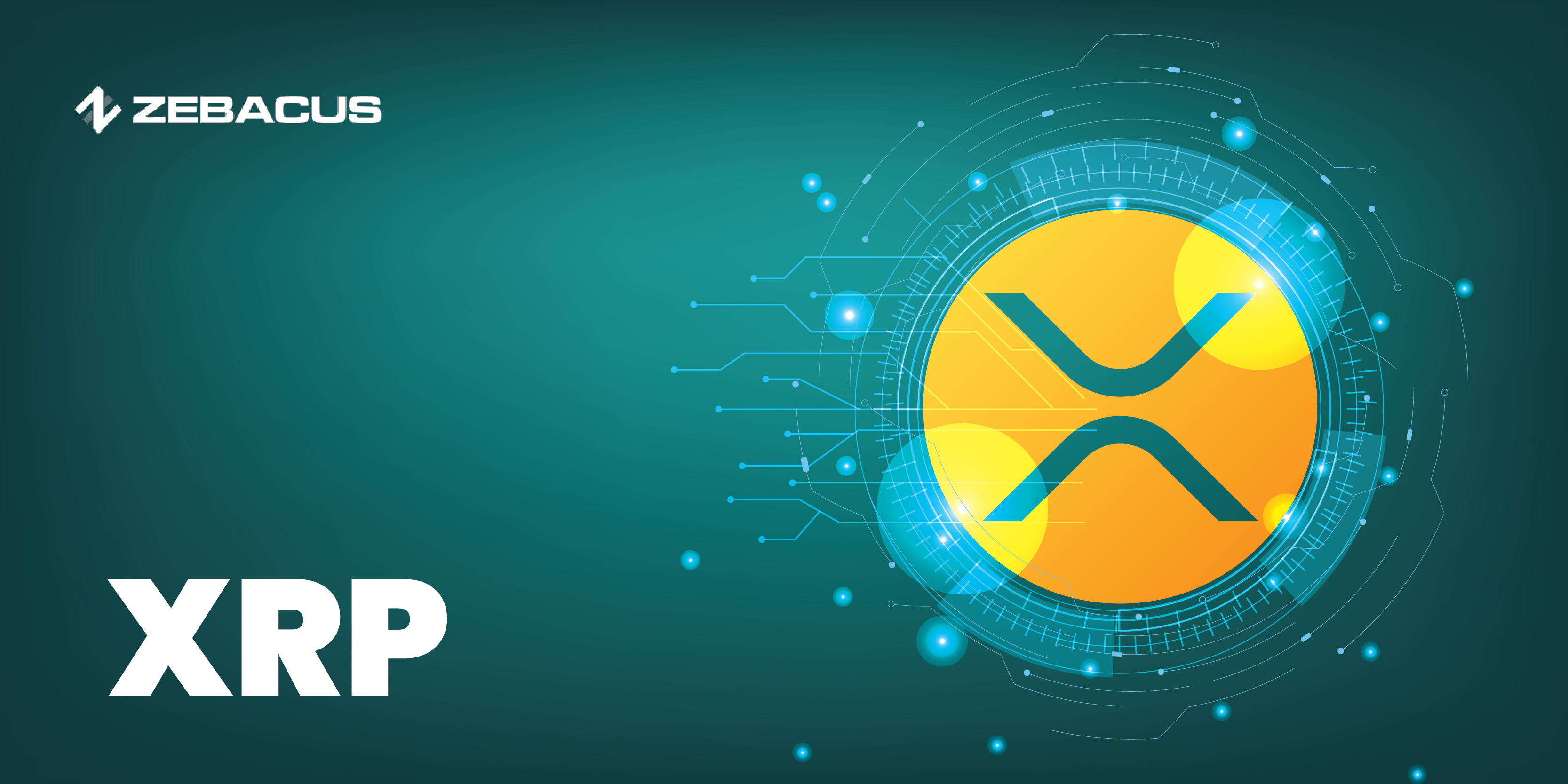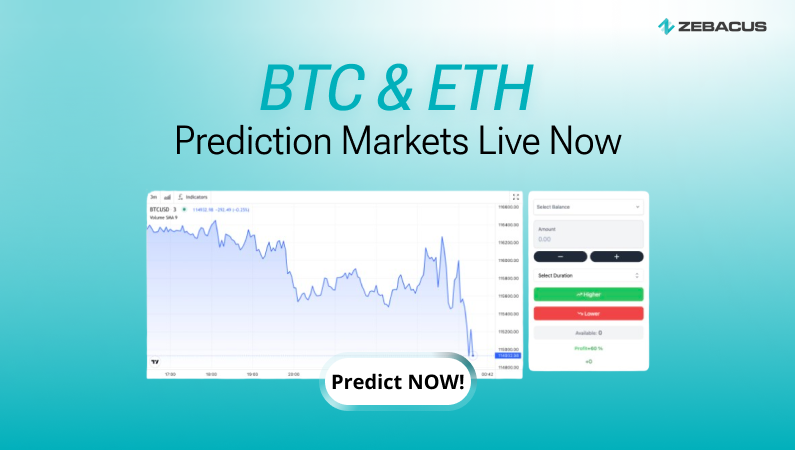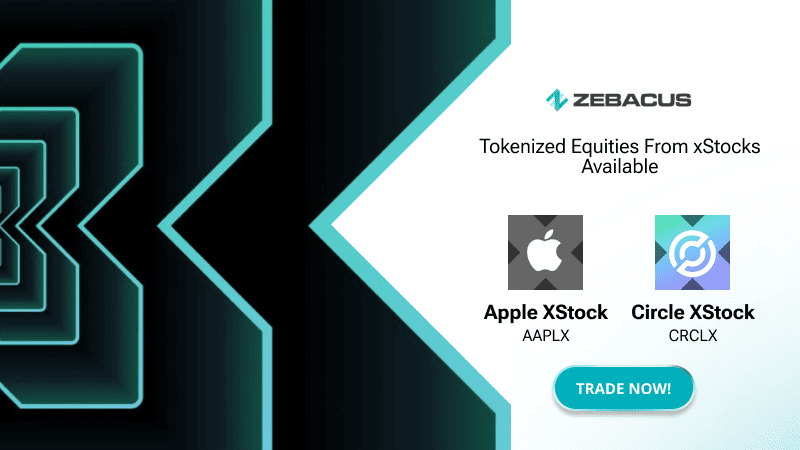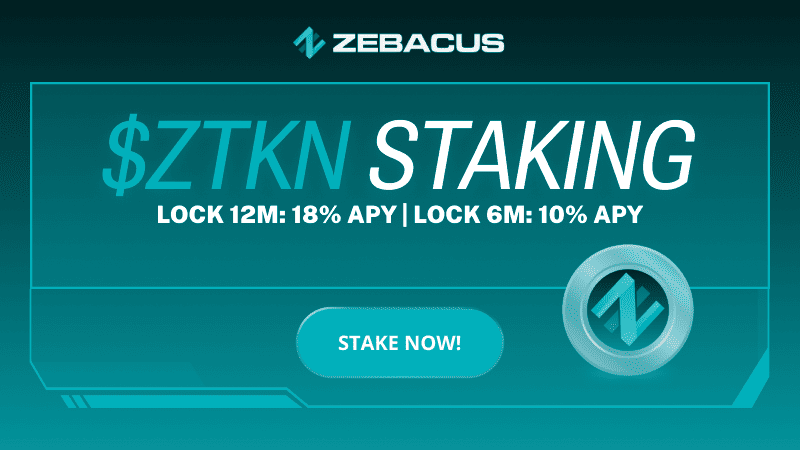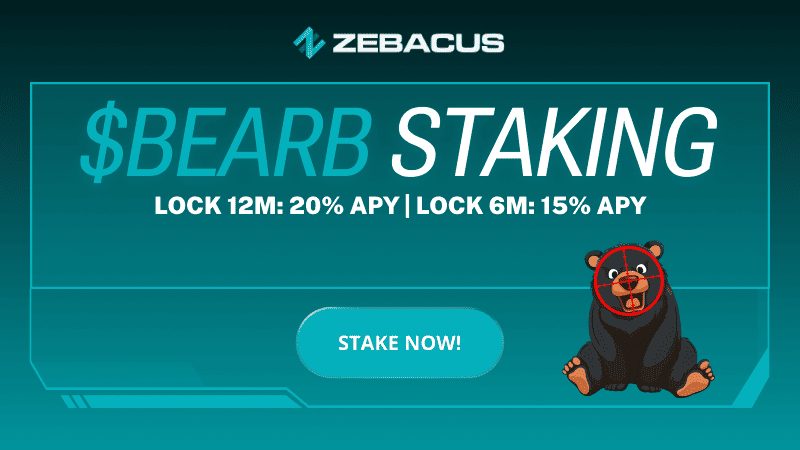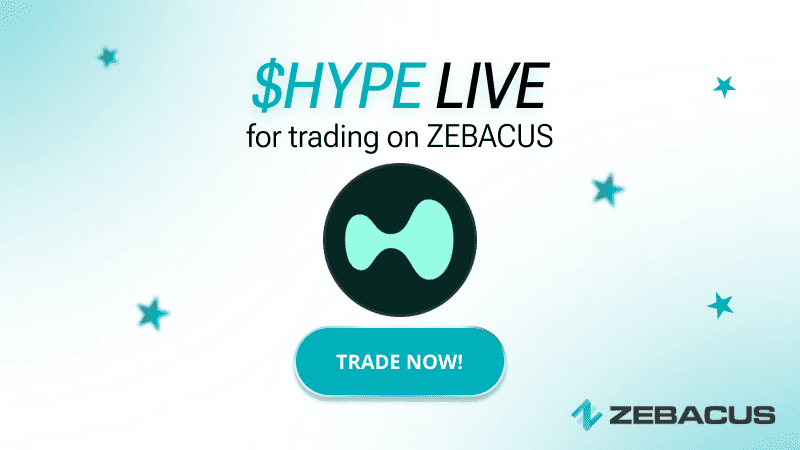What is XRP (XRP)?
XRP is probably the most confusing cryptocurrency out there due to its complicated stakeholders. To make things worse, in the early days, XRP was known as Ripple, the name of the private company that owns RippleNet, the digital payments platform built on top of the XRP ledger. This article will make a comprehensive effort to clear the air regarding the XRP token and explain how it works, its key features, and its utility. Let’s get started without any further ado!
Difference Between XRP and Ripple
Ripple Labs is a private company that focuses on enabling secure, instant, and nearly free global financial transactions. Ripple Labs owns the digital payments platform RippleNet. Though RippleNet is privately owned, it is built on top of a distributed database called XRP ledger and XRP is the native cryptocurrency of this ledger. Note that even though Ripple is a private entity, the XRP ledger is open-source, decentralized, and permissionless.
In essence, Ripple Labs created XRP to facilitate fast and affordable cross-border payments. While Bitcoin is often touted as ‘digital gold’ XRP aims to be the ‘digital bridge currency’.
How Does XRP Work?
We can’t talk about how XRP works without talking a bit about how traditional banking systems handle international payments. Moving money across borders traditionally involves a web of intermediaries, each taking a slice of the transaction and adding time to the process. This is where XRP comes in.
XRP's primary purpose is to serve as a bridge currency in cross-border transactions. Suppose you want to send some money from the US to Japan. You can convert your US dollar into XRP and then send the XRPs to the recipient's local exchange in Japan, which will convert XRP to Japanese Yen (JPY). This entire process can be completed in a few seconds and costs a fraction of that incurred in traditional methods. XRP's utility lies in its ability to provide liquidity and speed in international payments.
Key Features of XRP
Speed: One of XRP's most significant advantages is its transaction speed. Traditional banking systems can take days to settle international payments, whereas XRP transactions are completed in just 3-5 seconds.
Cost: XRP transactions are incredibly cost-effective. The current minimum transaction cost for a standard transaction is 10 drops (0.00001 XRP), which can increase due to a higher-than-usual load. This is minuscule compared to those of traditional banking systems and even other cryptocurrencies.
Scalability: The XRP Ledger can handle around 1,500 transactions per second, making it highly scalable. In comparison, Bitcoin takes 10 minutes and Ethereum 15 seconds to complete just one transaction.
Decentralization: Despite being created by a private company, the XRP Ledger is decentralized. No single entity controls XRP, and anyone can participate in the XRP Ledger.
XRP Utility
Apart from excelling at cross-border payments, XRP is useful in the following ways.
On-Demand Liquidity: Financial institutions can use XRP to create liquidity internationally, without needing to create idle accounts in different countries.
Micropayments: Due to its low transaction fees, XRP is suitable for transactions of low denominations, like tipping content creators online.
E-Commerce: XRP is used as a payment method for online purchases, including international orders, providing an alternative to traditional payment processors.
XRP The Controversy
As they say, no publicity is bad publicity. Ripple has faced a series of legal battles over the years. The U.S. Securities and Exchange Commission (SEC) filed a lawsuit against Ripple Labs in December 2020, categorizing XRP as security and unregistered. Ripple denies these claims, arguing that XRP should be considered a currency, like Bitcoin and Ethereum. This lawsuit has generated some uncertainty around XRP's future, but the global crypto community remains optimistic about the token’s potential.
XRP As An Investment
If you are thinking about investing in XRP, here are a few things to keep in mind.
Volatility: Like other cryptocurrencies, XRP is highly volatile. The token has seen some dramatic price movements in the past.
Regulatory Risks: The unclear regulatory framework and ongoing legal issues with the SEC add an element of risk to investing in XRP.
Potential: Despite the risks, XRP's utility in real-world applications makes it a positive-sum game for all.
Final Thoughts
XRP stands out in the crypto space thanks to its unique focus on solving real-world problems in the financial sector. Its speed, low cost, and scalability make it a strong contender for facilitating global transactions. However, a hostile regulatory environment and still immature markets pose a certain amount of risk to XRP as an investment vehicle. Only time will tell how this token evolves in the coming years. XRP is one of those cryptocurrencies that is worth keeping an eye on.
